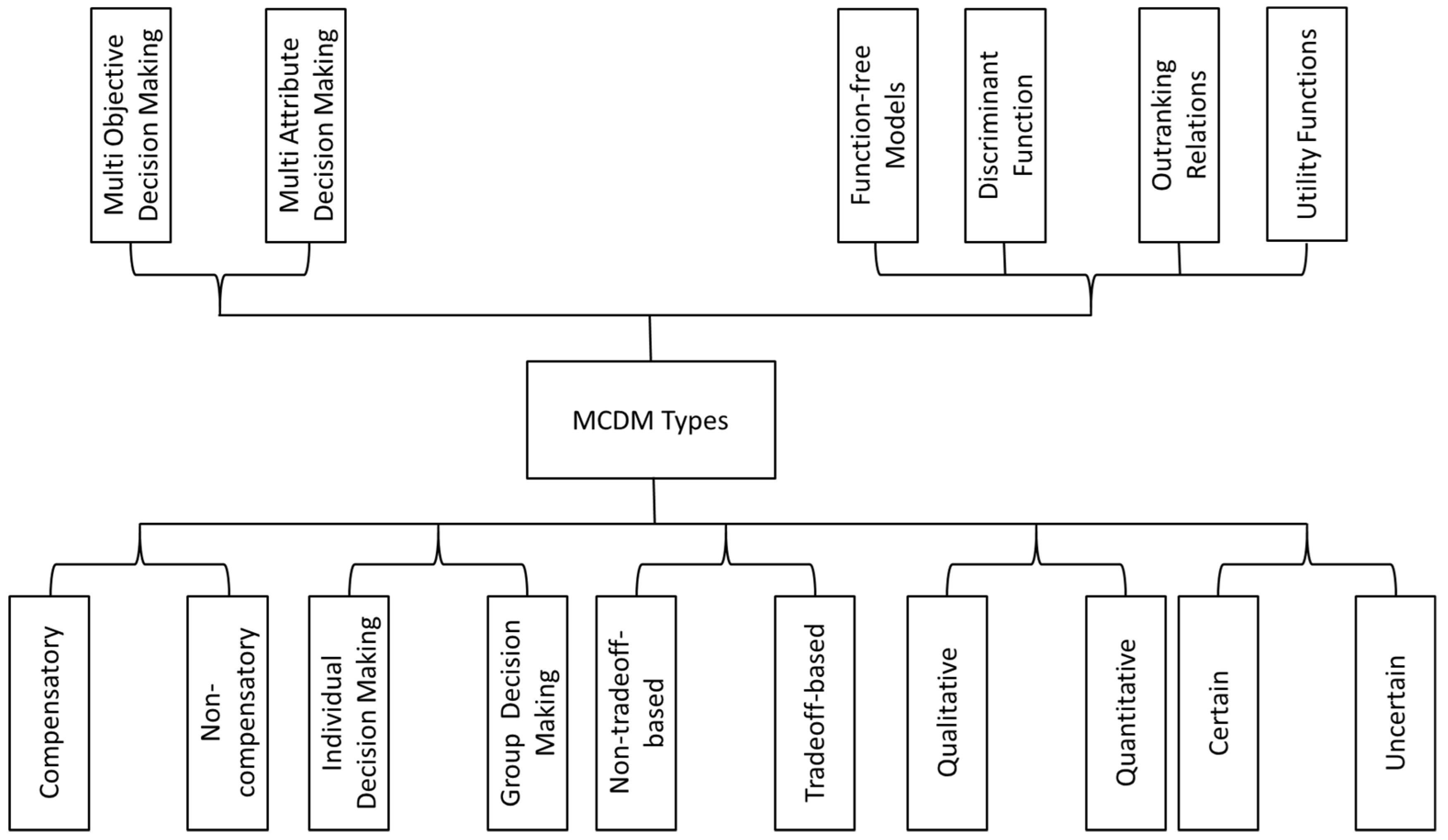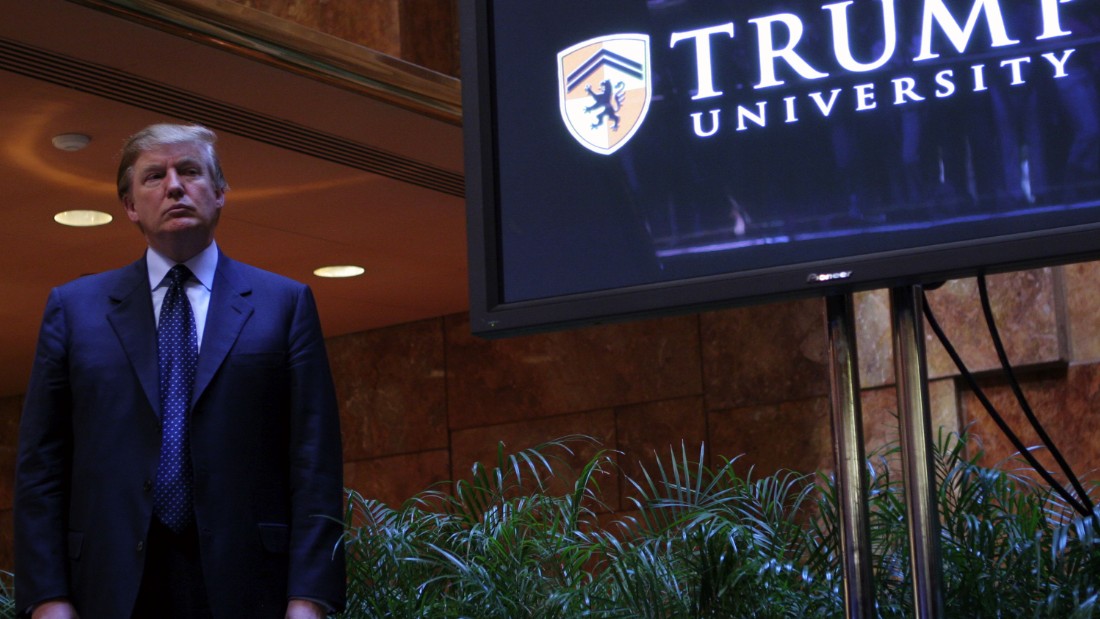The Rose Pardon: Understanding Trump's Decision-Making Process

Table of Contents
Political Motivations Behind the Rose Pardon
Trump's use of presidential pardons was often perceived as politically motivated, deviating from traditional applications of this power. Analyzing these motivations reveals a complex strategy aimed at consolidating power and appealing to specific voter bases.
Rewarding Loyalty: A Core Tactic
Trump frequently pardoned individuals who demonstrated unwavering loyalty, regardless of the controversies surrounding their cases. This strategy served as a powerful incentive for continued support, solidifying his base.
- Examples: The pardons of Roger Stone and Michael Flynn are prime examples. Both men were staunch allies who faced significant legal challenges, yet received presidential clemency.
- Political Benefit: These pardons reinforced loyalty within his inner circle and sent a clear message to his supporters: loyalty would be rewarded.
- Drawbacks: This approach disregarded established legal norms, raising concerns about the integrity of the justice system and potentially undermining its authority.
Appealing to Specific Voter Bases: A Strategic Approach
Certain pardons appeared strategically designed to resonate with specific segments of Trump's political base. This targeted approach highlights a calculated use of the pardon power beyond mere displays of loyalty.
- Examples: Pardons granted to individuals convicted of crimes related to gun ownership or military service may have appealed to conservative and pro-military voters.
- Efficacy: The efficacy of this strategy is debatable. While it might have energized certain parts of his base, it also alienated others and drew criticism from legal experts.
- Negative Consequences: Such calculated pardons fueled accusations of partisan politics influencing the justice system, further eroding public trust.
Undermining Legal Institutions: A Contentious Claim
Critics argued that Trump's frequent and often unconventional use of pardons aimed to weaken the credibility and authority of legal institutions. This assertion rests on a pattern of pardons that appeared to disregard legal precedent and established norms.
- Examples: The pardon of Joe Arpaio, a former Arizona sheriff convicted of criminal contempt, exemplifies this. The decision was widely seen as a blatant disregard for the judicial process.
- Long-Term Consequences: Such actions could embolden future administrations to use pardons similarly, potentially jeopardizing the independence of the judiciary and eroding the rule of law.
- Expert Criticism: Legal experts extensively criticized many of Trump's pardons, highlighting the potential for abuse of power and the erosion of public trust in the fairness and impartiality of the justice system.
The Role of Personal Relationships in Trump's Pardon Decisions
Personal relationships played a significant role in Trump's pardon decisions, raising ethical concerns and questions about transparency. This aspect of his decision-making process underscores the potential for undue influence and conflicts of interest.
Influence of Family and Friends: A Close-Knit Circle
The influence of family members and close associates on the pardon process was a recurring theme during Trump's presidency. This close-knit network often wielded considerable power in shaping his decisions.
- Examples: While not explicitly stated, the timing and circumstances of certain pardons led to speculation about the influence of family members and close advisors.
- Ethical Concerns: This influence raises significant ethical questions about impartiality and fairness in the process. The appearance of favoritism undermined public trust in the objectivity of the pardons.
- Conflicts of Interest: The potential for conflicts of interest was considerable, given the close personal ties between those seeking pardons and Trump's inner circle.
Lobbying and Intercession: A Powerful Force
Lobbying efforts and personal interventions played a role in securing pardons, highlighting the informal mechanisms that influenced Trump's decision-making.
- Instances: Numerous examples emerged of high-profile individuals and organizations lobbying for pardons for their clients or associates. These efforts often involved extensive behind-the-scenes negotiations and persuasion.
- Effectiveness: The effectiveness of these lobbying efforts varied depending on the individual's relationship with Trump and the political ramifications of the pardon.
- Lack of Transparency: The lack of transparency surrounding these interventions raises concerns about the fairness and impartiality of the pardon process, creating an environment ripe for potential abuse.
Legal and Ethical Implications of the Rose Pardon
The "Rose Pardon" carries significant legal and ethical implications, raising fundamental questions about the appropriate use of presidential power and its impact on the rule of law.
Abuse of Power: A Central Accusation
Many critics argued that Trump's use of the pardon power constituted abuse of power, exceeding the traditional bounds of this executive authority.
- Examples: The pardons already mentioned serve as examples, defying legal norms and raising questions about their motivations.
- Limitations on Presidential Pardons: The Constitution outlines the power of presidential pardons, but it lacks specific guidelines or limitations, leaving room for interpretation and potential abuse.
- Legal Challenges: Some of Trump's pardons faced legal challenges, although their success was limited, highlighting the constraints on overturning presidential decisions.
Setting Precedents: Shaping Future Pardons
Trump's pardon decisions have set precedents that will influence future uses of presidential pardons, potentially shaping how this power is exercised in subsequent administrations.
- Future Legal Challenges: His actions may inspire future legal challenges based on allegations of abuse of power or political bias.
- Impact on Future Administrations: Future presidents might feel emboldened to utilize pardons similarly, expanding the scope of this power beyond traditional norms.
- Potential Legislative Reforms: Trump's actions might push for legislative reforms aimed at enhancing oversight and transparency in the pardon process.
Conclusion
The "Rose Pardon" legacy represents a complex and controversial chapter in the history of presidential pardons. Trump's decision-making process, driven by a mix of political maneuvering, personal relationships, and disregard for established norms, necessitates a critical examination of the implications for the American justice system. Understanding the motivations, consequences, and criticisms surrounding the "Rose Pardon" is critical to evaluating the Trump presidency's lasting impact and advocating for greater transparency and accountability in the future use of presidential pardons. To further your understanding of this significant issue, delve deeper into research on specific "Rose Pardon" cases and their influence on the American judicial landscape.

Featured Posts
-
 Top Universities Unite In Private Collective Against Trump Policies
Apr 29, 2025
Top Universities Unite In Private Collective Against Trump Policies
Apr 29, 2025 -
 Benny Johnson On Jeffrey Goldberg And National Defense Information
Apr 29, 2025
Benny Johnson On Jeffrey Goldberg And National Defense Information
Apr 29, 2025 -
 Snow Fox School Closings And Delays Tuesday February 11th
Apr 29, 2025
Snow Fox School Closings And Delays Tuesday February 11th
Apr 29, 2025 -
 11 Minciu Apie M Ivaskeviciaus Isvaryma Filmas Priesistore Keiksmai Ir Daugiau
Apr 29, 2025
11 Minciu Apie M Ivaskeviciaus Isvaryma Filmas Priesistore Keiksmai Ir Daugiau
Apr 29, 2025 -
 2024 Minnesota Snow Plow Naming Contest Winners Revealed
Apr 29, 2025
2024 Minnesota Snow Plow Naming Contest Winners Revealed
Apr 29, 2025
